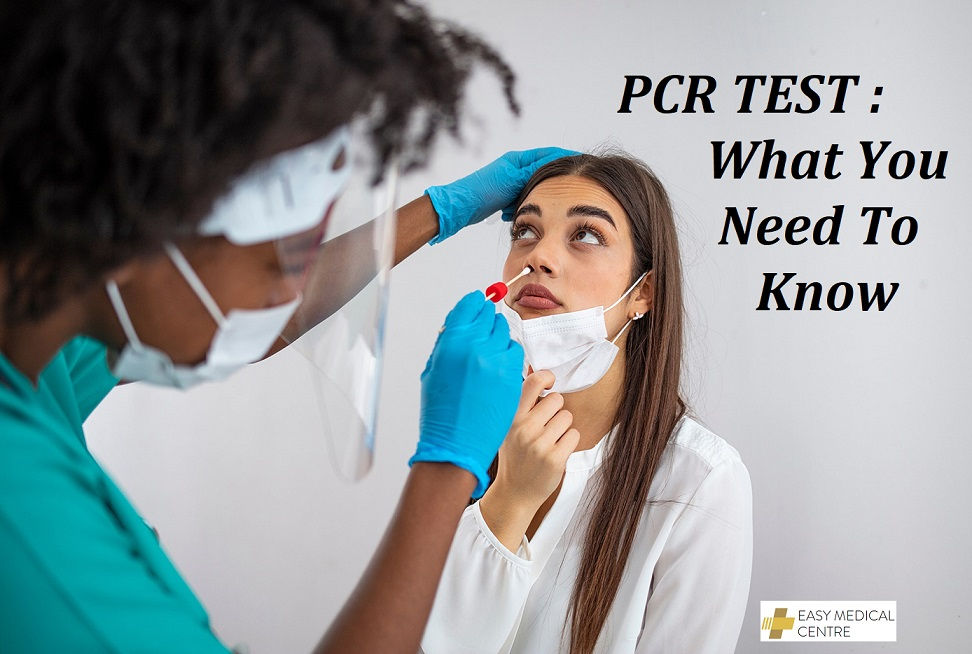PCR Test : What You Need to Know
- niti370
- Nov 28, 2023
- 2 min read
Since the introduction of COVID-19, several travel restrictions have made it more difficult to traverse the world because each nation demands that visitors have a negative COVID-19 test result. Performing a Polymerase Chain Reaction, or PCR, Test for Travel in Crewe is one of the most used approaches.
Using PCR technology, scientists may convert trace amounts of RNA from specimens into deoxyribonucleic acid (DNA). Since its approval for usage in February 2020, the PCR test has been the gold standard for diagnosing COVID-19.
How does a PCR Test Work?

During a PCR Test in Nantwich, a medical practitioner will use a swab to collect a sample from your throat or nose. Following that, the sample is sent to a laboratory where an amplification procedure is used to detect the COVID-19 virus. Through this method, the genetic material of the virus is amplified and rendered detectable. The test results will be positive if the virus is there.
Here are the three steps involved in the PCR Test for travel in Crewe:
Sample collection: A medical professional takes a swab sample from your nose to collect respiratory material. An elongated, flexible stick with a soft tip inserted into the nose to conduct
1. Nasopharyngeal swabs: It takes a sample further into the nasal cavity.
.2. Nasal swabs: It takes a sample directly inside your nostrils.
Extraction: The sample is taken, and then the constituent parts are separated from the rest of the sample by a specialised machine. Once the reaction has cooled, primers can attach to the template DNA sequences. After that, it warms up once more to enable the polymerase enzyme to add DNA bases to the templates. By doing this, two strands of DNA are created by copying the original sample.
PCR: The PCR step then uses chemicals and enzymes and a machine called a thermal cycler. The targeted genetic material is amplified in the test tube with each cycle of heating and cooling.
Millions of copies of a tiny amount of the genetic material of the SARS-CoV-2 virus are present in the test tube after numerous cycles. A fluorescent light will be produced by one of the chemicals in the tube if the sample contains SARS-CoV-2. Once this signal has been sufficiently amplified, the PCR machine can identify it. If the sample contains SARS-CoV-2, one of the chemicals in the tube will produce a fluorescent light and Once amplified enough, the PCR machine can detect this signal. The signal is interpreted by scientists as a positive test result using specialised software.
To Sum up
If early medicine is given, accurate and rapid testing can help reduce the impact and stop the virus from spreading. Sneezing, colds, coughs, and breathing difficulties are symptoms that should not be disregarded. PCR test for travel in Crewe should be arranged right away from a nearby medical facility. Continue taking precautions to prevent the virus from infecting you and others, even if your test results are negative. For more information about PCR tests or any other valuable topic, look no further than Easy Medical Centre.


Comments